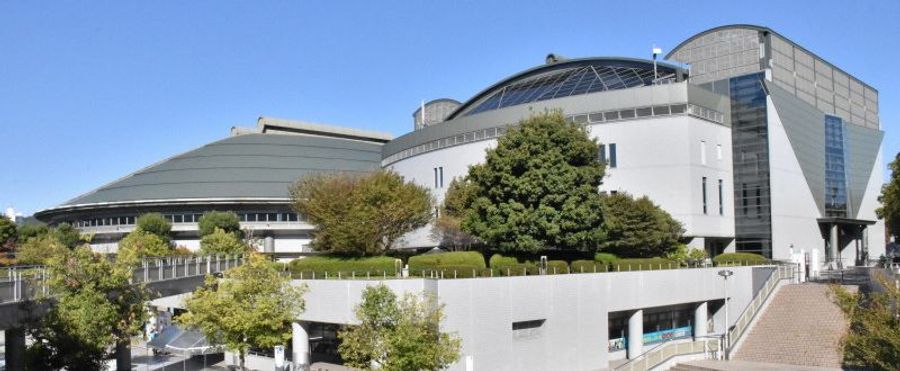In the world of Japan's entertainment industry, the controversial practice of "Hiroshima Tobashi," or skipping performances in Hiroshima, is once again under criticism. This news reports on the recent expert discussion surrounding this contentious issue. The term refers to the phenomenon where many national concert tours or theater production schedules leave out Hiroshima, despite its significance as a city. Experts are examining why this occurs, the economic and cultural impact on Hiroshima and its residents, and potential ways to rectify this situation.
Within Japan, there is ongoing debate about Hiroshima Tobashi. The practice is often linked to the economic and cultural sidelining of the city, which generates discussions on regional marginalization, fairness in the entertainment business, and respect for historical significance. Such events are particularly scrutinized in Japan, where regional inclusivity and cultural respect are highly valued social norms.
In the US/EU, similarly, there are debates on geographic inequality in the entertainment industry. For instance, when major tours tend to prioritize metropolitan areas over smaller cities or certain regions, residents, event organizers, and local authorities often voice out their concerns. It's generally seen as a matter of fairness and cultural inclusivity, much like in Japan.

